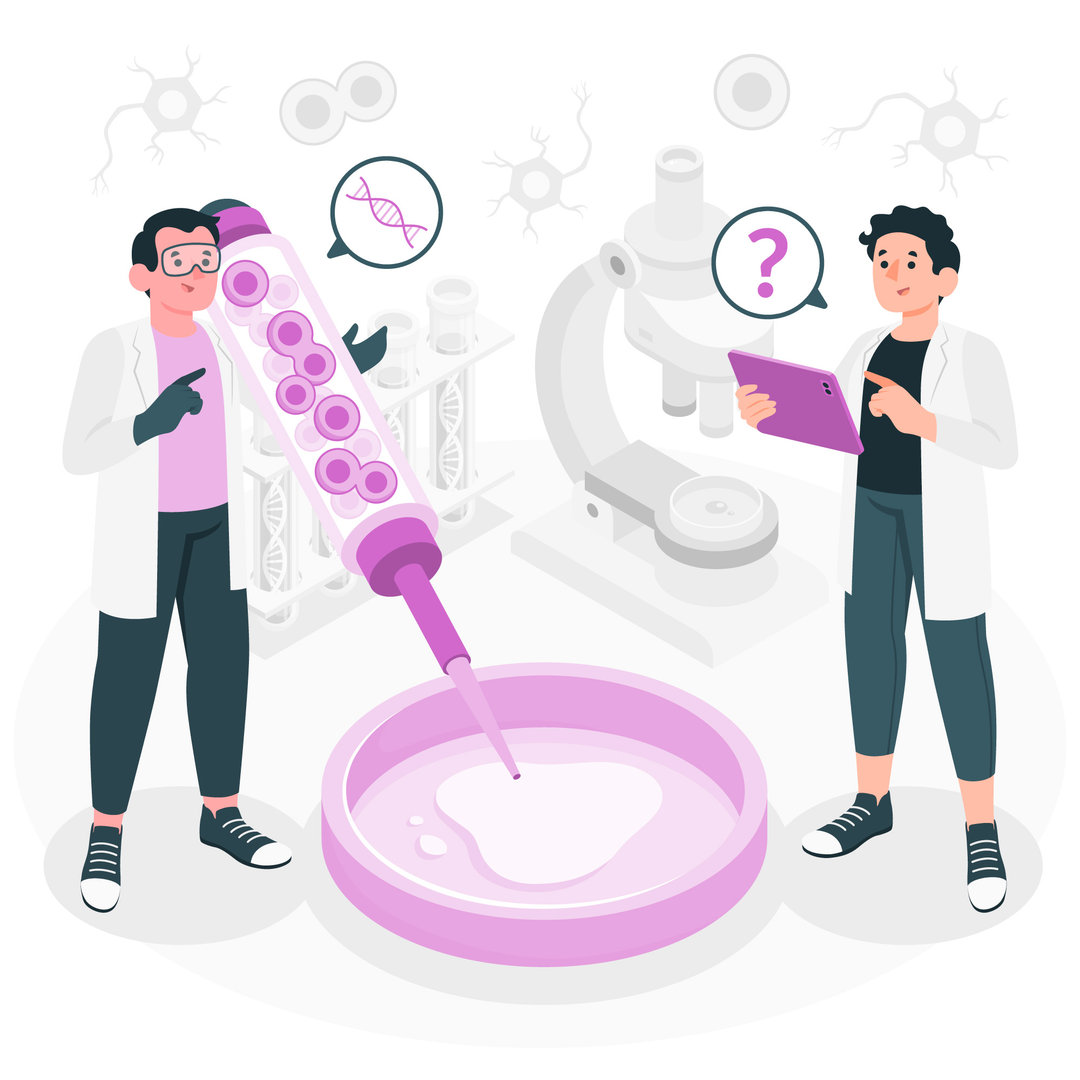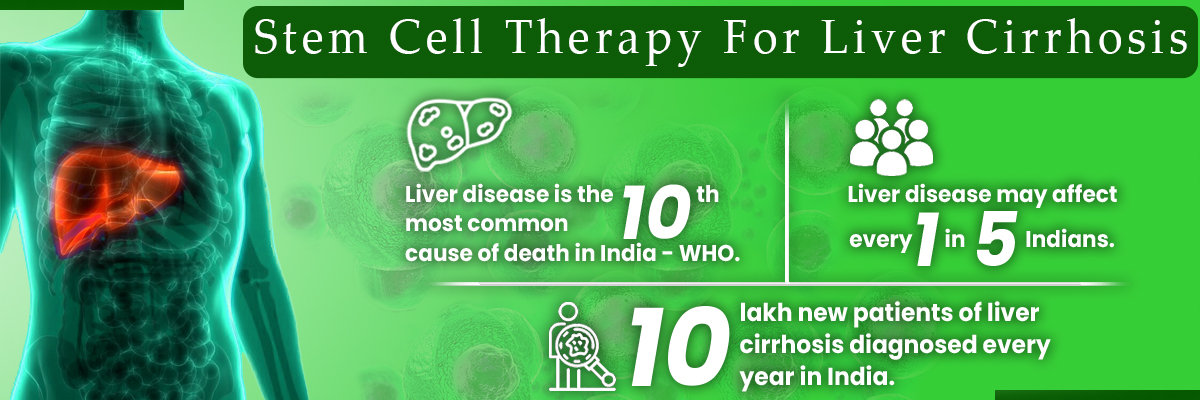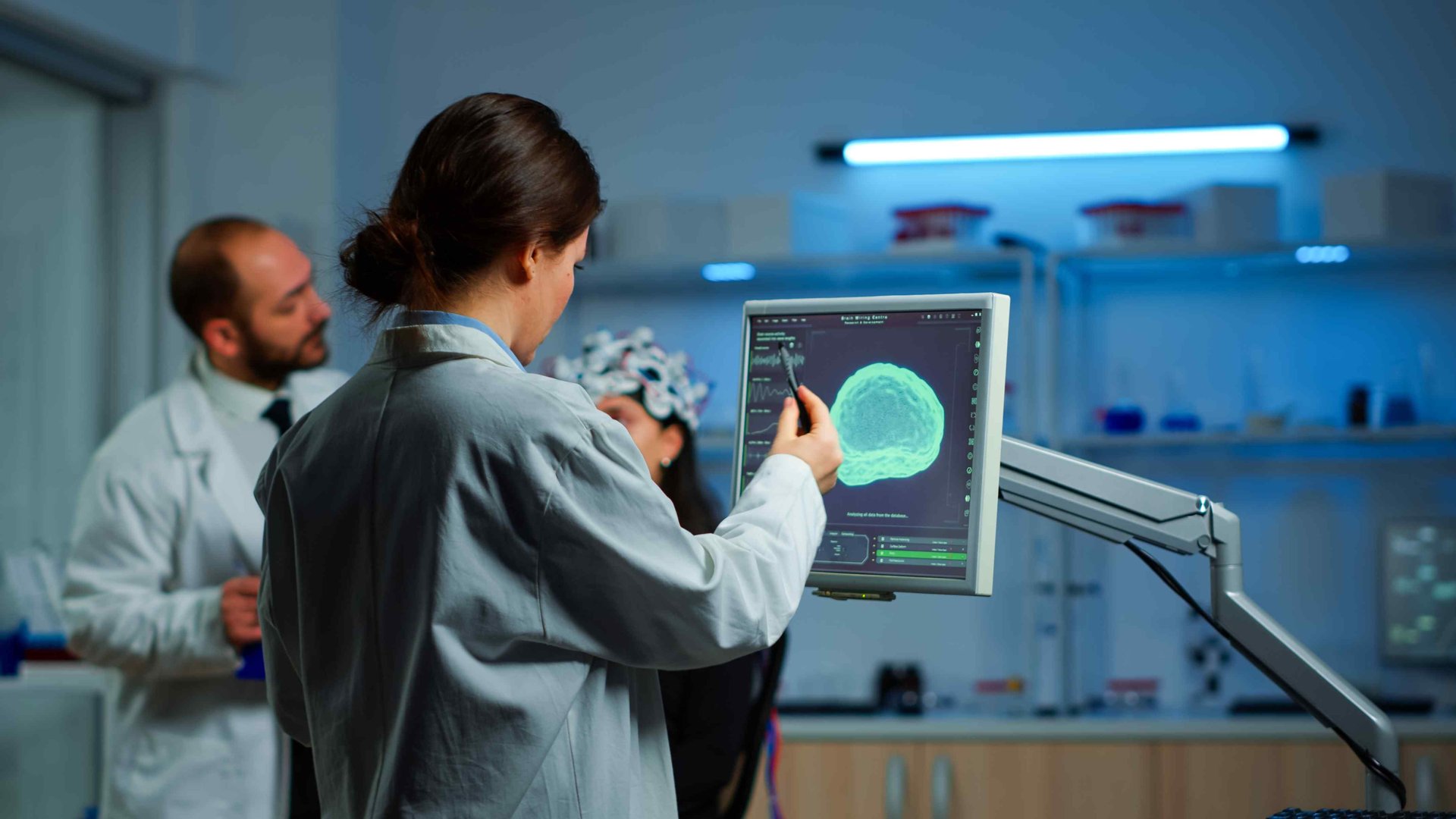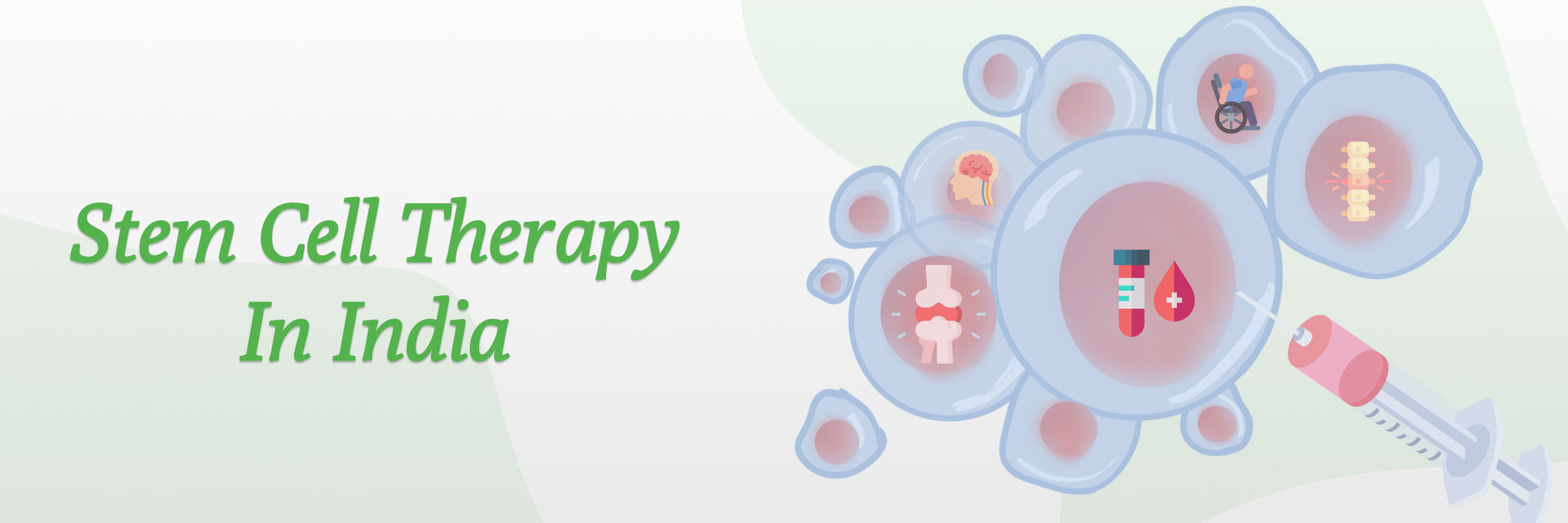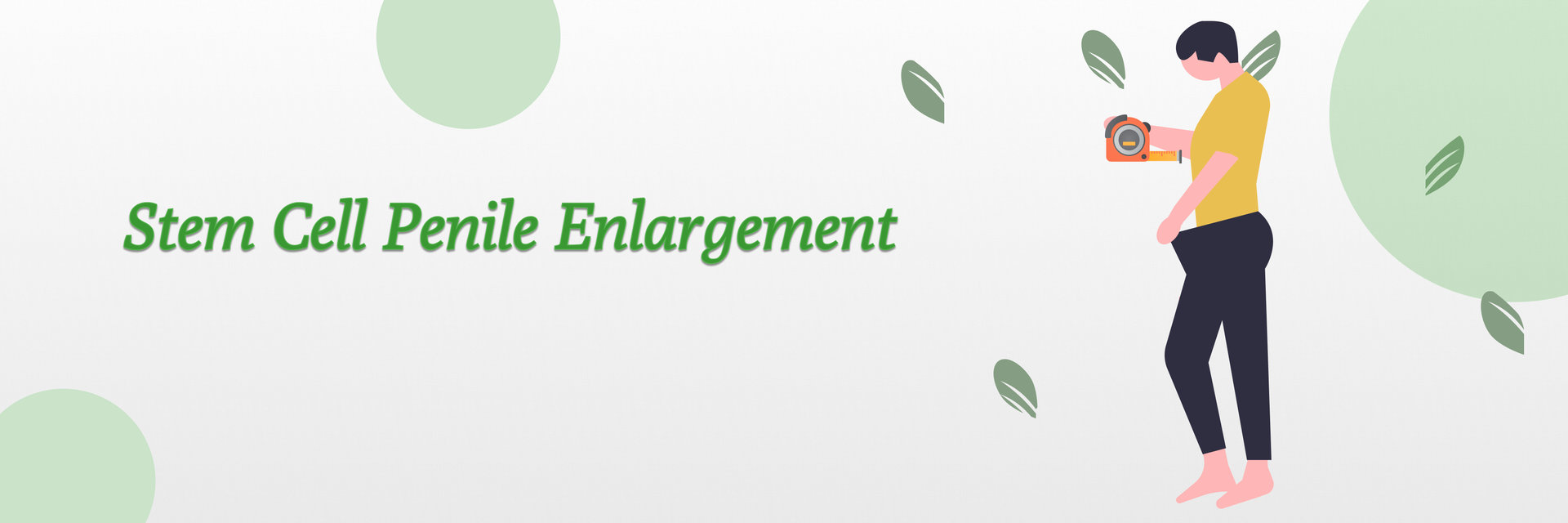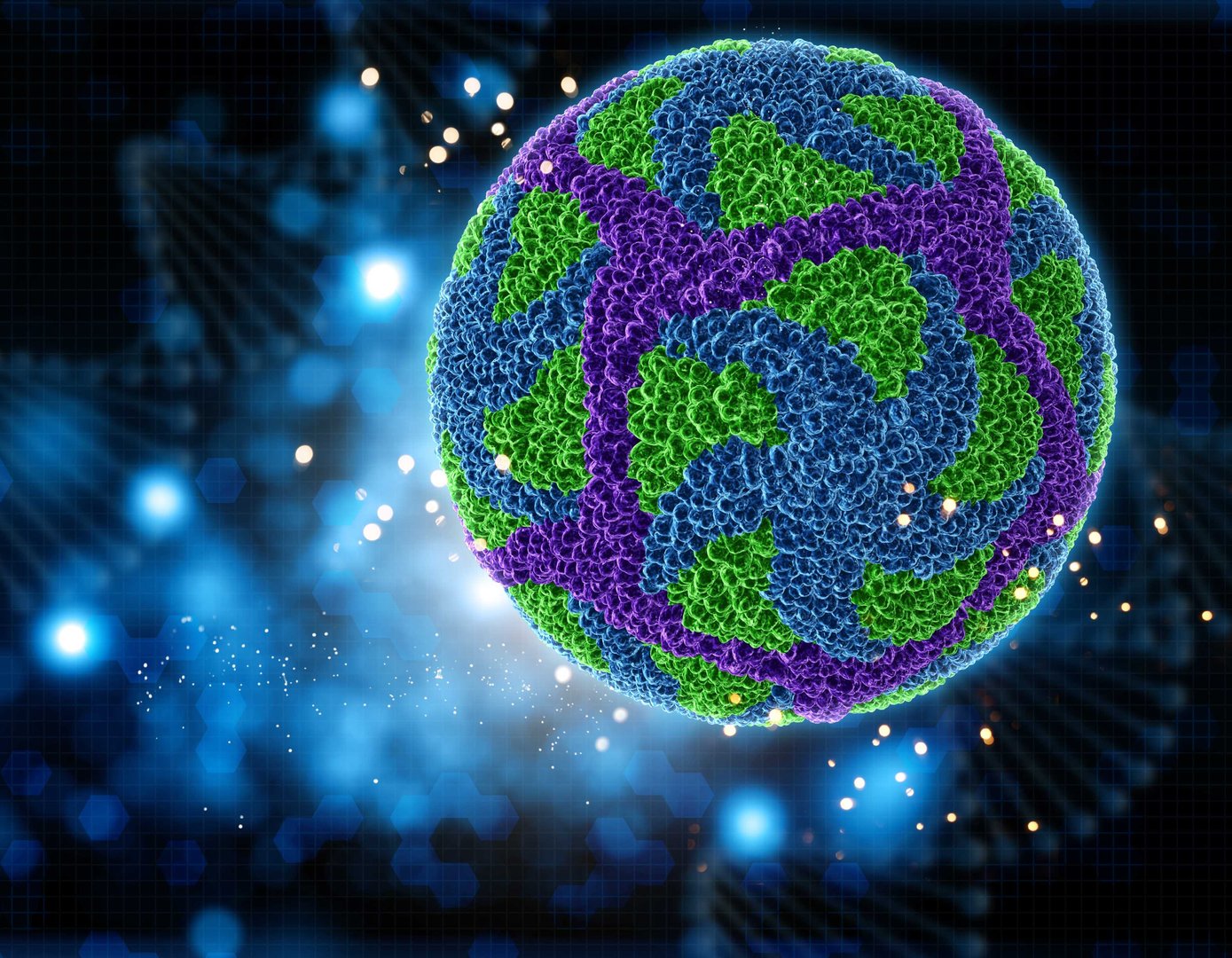Introduction
Crohn's disease is a painful and chronic inflammatory bowel disease (IBD) that affects millions worldwide, including a growing number of patients in India. Characterized by severe abdominal pain, persistent diarrhea, fatigue, and weight loss, Crohn’s disease can drastically reduce one’s quality of life.
As conventional treatments like immunosuppressants and biologics often fail to provide lasting relief, many patients are now exploring regenerative medicine. Among these advanced therapies, stem cell therapy has emerged as a potential game-changer in 2024. This blog explores how stem cell treatment for Crohn’s disease in India is helping patients regain control of their health.
Ready to Take Control of Your Crohn’s Disease? Explore the potential of stem cell therapy and discover a path to long-term relief.
Contact us today and learn how advanced regenerative treatment in India can help you reclaim your health and well-being, or you can book online doctor consultation in minutes.
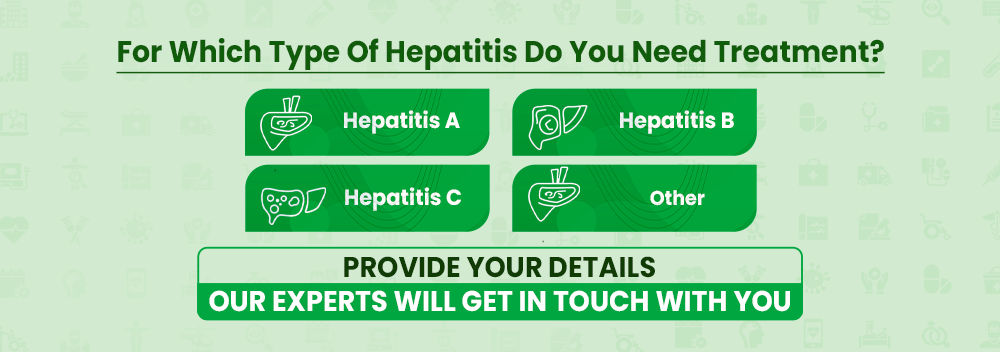
Understanding Crohn's Disease
Crohn’s disease is a type of Inflammatory Bowel Disease (IBD) that causes chronic inflammation of the gastrointestinal (GI) tract. It can affect any part of the digestive system—from the mouth to the anus—but most commonly impacts the small intestine and the beginning of the large intestine. The inflammation caused by Crohn’s can penetrate deep into the intestinal walls, leading to pain, ulcers, and even severe complications like strictures (narrowing of the intestines) and fistulas (abnormal connections between organs).
What is the New Treatment for Crohn's Disease in 2024?
As of 2024, stem cell therapy has emerged as one of the most promising and cutting-edge treatments for Crohn’s disease, especially for individuals who have not responded well to conventional medications like steroids, immunosuppressants, or biologics. This regenerative approach is transforming how Crohn’s is managed by focusing not just on symptom control, but on repairing damaged tissues and resetting the immune system at its core.
Advancements in Stem Cell Therapy
1. Personalized Stem Cell Therapy (Autologous Transplants)
One of the most significant breakthroughs in 2024 is the use of autologous stem cells—harvested from the patient's own body (usually bone marrow or adipose tissue). This personalized approach:
- Minimizes the risk of immune rejection.
- Increases compatibility and effectiveness.
- Enhances healing with fewer side effects.
2. Combination Therapies
Researchers are now exploring combination treatments, where stem cell therapy is used alongside biologic drugs like infliximab or adalimumab. The goal is to amplify healing responses and achieve deeper remission—even in patients with complex or treatment-resistant Crohn’s.
3. Gene Editing + Stem Cells
With the rise of CRISPR and gene editing tools, scientists are beginning to correct underlying genetic mutations that may contribute to Crohn’s disease. By pairing these tools with stem cell therapy, future treatments may offer a more permanent solution rather than temporary relief.
New Clinical Trials and Research Initiatives
Several clinical trials and real-world studies have shown promising results with
- Mesenchymal Stem Cells (MSCs):
- MSCs sourced from bone marrow, adipose tissue, or umbilical cord have demonstrated anti-inflammatory and regenerative properties.
- These cells are particularly effective for treating fistulizing Crohn’s disease, which involves painful and hard-to-heal connections between the bowel and other organs.
Notable findings:
- A landmark study showed a 56% healing rate in patients with Crohn’s-related fistulas after stem cell injections.
- Another trial using Umbilical Cord MSCs + fibrin glue achieved an impressive 71% healing rate, compared to only 14% with fibrin glue alone.
- The ADMIRE-CD trial, a large-scale clinical study, demonstrated that stem cell treatment reduced fistula activity and improved the quality of life for participants.
- Hematopoietic Stem Cell Transplantation (HSCT)
HSCT is another emerging therapy for patients with severe, drug-resistant Crohn’s disease. This treatment involves:
- Reinfusing the patient’s own hematopoietic (blood-forming) stem cells to build a new, healthier immune response.
According to studies at Mount Sinai Hospital:
- 90% of patients experienced significant relief after autologous HSCT.
- This contrasts sharply with only 15% response rates seen with some newer biologic medications.
Dr. Pradeep Mahajan, a pioneer in regenerative medicine in India, is leading clinical advancements in stem cell therapy for Crohn’s disease. His work shows how personalized stem cell protocols can bring long-term relief and remission.
Looking for the Best Care in Stem Cell Therapy? Discover India’s leading hospitals offering cutting-edge regenerative treatments.
How Does Stem Cell Therapy Work for Crohn’s Disease?
Stem cell therapy targets the root cause of Crohn’s—immune system malfunction—by using cells that can repair damaged tissue and modulate inflammation.
Mechanisms of Action:
1. Immunomodulation
One of the primary benefits of stem cell therapy is its ability to modulate the immune system—that is, to calm down an overactive immune response without completely shutting it down.
- MSCs release immunoregulatory signals that reduce the activity of aggressive immune cells (like T-cells and macrophages).
- This leads to fewer immune attacks on the intestines, reducing the frequency and severity of Crohn’s flare-ups.
2. Tissue Regeneration and Repair
Crohn’s often causes ulcers, fistulas, and long-term scarring in the intestinal lining. Stem cells play a vital role in repairing and regenerating these damaged tissues.
- They can differentiate into various cell types, including those that support intestinal structure and function.
- This accelerates healing of fistulas, erosions, and mucosal damage—a major breakthrough for patients with severe or complicated Crohn’s.
3. Anti-inflammatory Action
Chronic inflammation is the hallmark of Crohn’s disease. Stem cells help suppress inflammation at its source.
- MSCs release anti-inflammatory molecules like interleukin-10 (IL-10) and transform growth factor-beta (TGF-β).
- These molecules calm immune hyperactivity and reduce the production of pro-inflammatory cytokines like TNF-α, a key contributor to Crohn’s flares.
- This action helps break the cycle of inflammation and tissue damage that characterizes Crohn’s disease.
Schedule Your Consultation Today! - Take the first step toward healing and explore your options with advanced regenerative medicine for Crohn’s disease in India.
Is Stem Cell Therapy FDA-Approved for Crohn’s Disease?
As of 2024, stem cell therapy for Crohn’s disease is considered experimental and not yet FDA-approved. However, the FDA has authorized clinical trials to evaluate its safety and effectiveness, particularly using mesenchymal and hematopoietic stem cells.
In India, stem cell therapy is in the investigational stage, regulated by the Indian Council of Medical Research (ICMR).
Patients are advised to:
- Join ICMR-approved clinical trials for safe, evidence-based treatment.
Stem cell therapy in India shows promise for Crohn’s disease but should only be pursued under medical supervision within approved research settings.
Best Hospitals and Clinics for Stem Cell Treatment in India
Here are some of the top centers offering stem cell treatment for Crohn’s disease in India:
1. StemRx Bioscience, Navi Mumbai
A pioneering regenerative medicine center offering advanced stem cell therapies for gastrointestinal, neurological, and autoimmune conditions in India.
Notable Achievements:
- Treated 10,000+ patients with stem cell therapy across diverse conditions including Crohn’s disease.
- Operates state-of-the-art GMP-certified stem cell labs.
- Recognized for patient-specific autologous stem cell protocols.
- Conducted multiple clinical case studies with international collaboration.
2. NeuroGen Brain and Spine Institute, Mumbai
Renowned for its neurological and regenerative care, specializing in stem cell therapies for neuro and autoimmune disorders including IBD.
Notable Achievements:
- Published 150+ peer-reviewed studies on stem cell outcomes.
- Treated patients from over 65 countries.
- Offers integrative rehab with cellular therapy.
- ISO-certified facility with ethical stem cell practices.
3. Medanta – The Medicity, Gurgaon
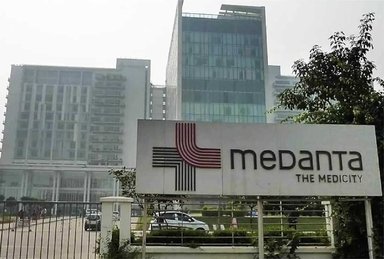
One of India’s most advanced multi-specialty hospitals, offering cutting-edge regenerative and gastrointestinal care under expert supervision.
Notable Achievements:
- Established Medanta Institute of Digestive and Hepatobiliary Sciences.
- Conducts clinical trials in stem cell therapy for Crohn’s.
- NABH and JCI accredited with global patient outreach.
- Home to Asia’s largest liver and digestive disease center.
4. Kokilaben Dhirubhai Ambani Hospital, Mumbai
A premier multi-specialty hospital in Mumbai, renowned for excellence in regenerative medicine and gastrointestinal treatments with advanced technology.
Notable Achievements:
- Successfully integrated stem cell therapies in gastroenterology.
- Accredited by NABH and JCI for clinical quality.
- Houses Asia’s first 3-room intra-operative MRI suite.
- Pioneered robotic surgeries in gastrointestinal and hepatobiliary conditions.
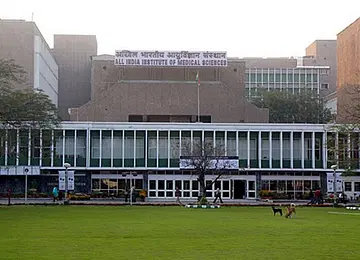
India’s top government medical institute, leading in stem cell research, clinical trials, and personalized treatment approaches for Crohn’s disease.
Notable Achievements:
- Published groundbreaking research on autologous stem cell therapy in IBD.
- Hosts India’s largest government-backed regenerative medicine center.
- Launched national IBD registry for better patient tracking.
- Offers low-cost, high-quality care to thousands of patients annually.
A global healthcare leader with strong expertise in regenerative medicine, offering advanced treatments for Crohn’s disease and gut disorders.
Notable Achievements:
- First Indian hospital to perform multi-organ robotic surgery.
- Runs Apollo Centre for Regenerative Medicine & Research.
- Introduced advanced cellular therapy protocols for IBD.
- NABH and JCI accredited for world-class standards.
What are the risks and benefits of stem cell therapy for Crohn's disease?
Benefits of Stem Cell Therapy for Crohn’s Disease
Stem cell therapy offers a new frontier in treating Crohn’s disease—especially for those who have not found relief with traditional treatments like steroids, biologics, or surgery.
Here’s how stem cells can make a meaningful difference:
1. Sustained Remission
Many patients undergoing stem cell treatment for Crohn’s disease experience long-term symptom relief. Stem cells help reset the immune system and reduce inflammation at its source, promoting long-lasting remission.
2. Reduced Medication Dependency
Stem cells can lower the need for steroids, immunosuppressants, and biologics, which often come with unwanted side effects. This natural healing approach reduces drug dependency over time.
3. Improved Gut Healing
One of the key benefits is enhanced intestinal tissue regeneration. Stem cells aid in the healing of ulcers, fissures, and painful fistulas, improving digestive tract function and comfort.
4. Enhanced Quality of Life
Patients often report feeling more energetic, experiencing fewer digestive issues, and enjoying better overall well-being. Stem cell therapy may help reduce flare-ups, pain, and fatigue—leading to a more active and normal life.
5. Reduced Need for Surgery
By addressing the root cause of inflammation and promoting healing, stem cells may help patients avoid invasive bowel surgeries, such as resections or fistula repairs.
6. Lower Risk of Complications
Over time, stem cell therapy may reduce the risk of severe complications like intestinal strictures, abscesses, and bowel obstructions, which are common in untreated or poorly managed Crohn’s disease.
Risks and Considerations
While promising, stem cell therapy for Crohn’s disease still comes with potential risks and uncertainties. It's important to weigh the pros and cons carefully:
- Relapse Possibility
Not all patients respond the same way. Some may relapse after initial improvement, especially if follow-up care is not maintained or the disease is particularly aggressive.
- Infection Risk
Since some stem cell procedures involve temporary immunosuppression, there's a higher risk of infections during the recovery period.
- Graft-versus-Host Disease (GVHD)
In treatments using donor-derived (allogeneic) stem cells, there is a small risk of GVHD, where the new cells attack the patient's tissues. Autologous stem cells (from your own body) reduce this risk.
- Injection-Site Reactions and Fatigue
Some patients may experience mild pain, swelling, or fatigue post-treatment. These symptoms are usually temporary but should be monitored.
- Tumor Formation (Rare)
There’s a theoretical risk that stem cells could grow uncontrollably and form tumors, although such occurrences are extremely rare with current protocols.
Considering Stem Cell Therapy for Crohn’s Disease? Visit Clinicspots to connect with top regenerative medicine experts across India.
Conclusion
Stem cell therapy represents a new frontier in Crohn's disease treatment in India, especially for patients who have exhausted traditional options. With promising research, innovative technology, and growing clinical success, this regenerative approach is rapidly becoming a beacon of hope for long-term relief and remission.
If you or a loved one is struggling with Crohn’s disease, it may be time to explore the potential of stem cell therapy. India is now emerging as a global hub for affordable and effective regenerative medicine.
References:
https://www.dvcstem.com/post/crohns-disease-breakthrough
https://pubmed.ncbi.nlm.nih.gov/34514993/
https://www.healthline.com/health/crohns-disease/stem-cells-for-crohns-disease
